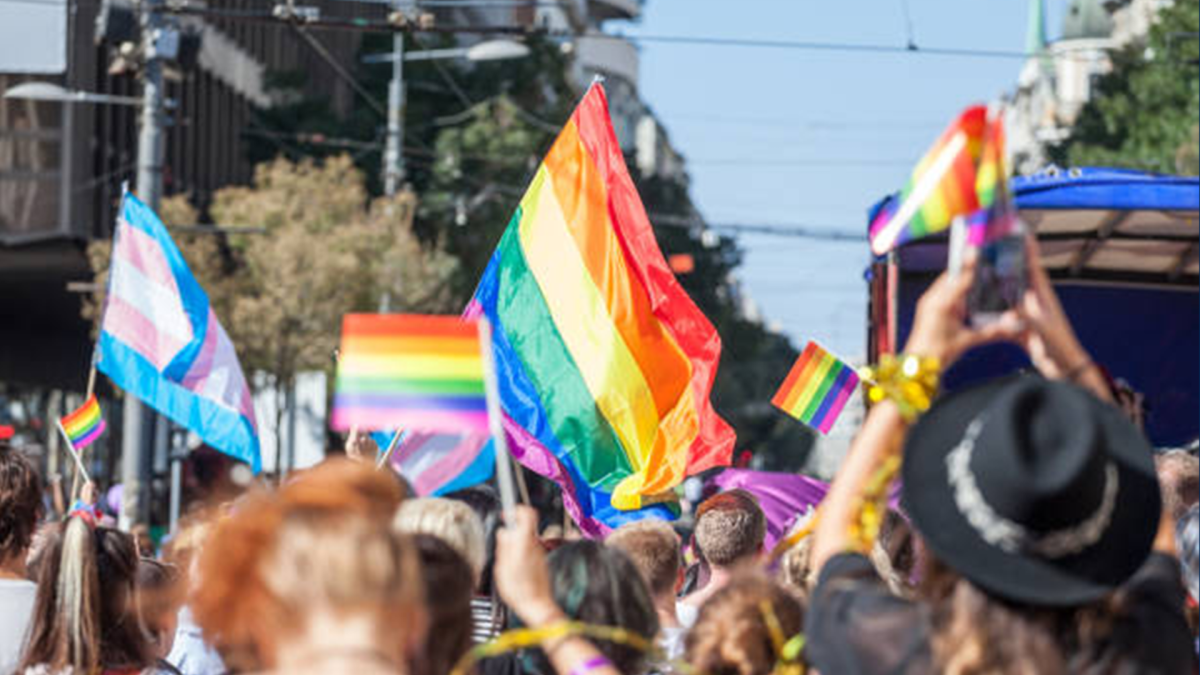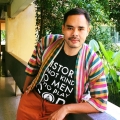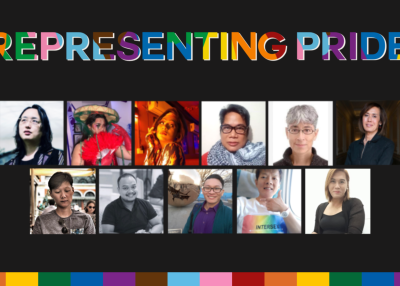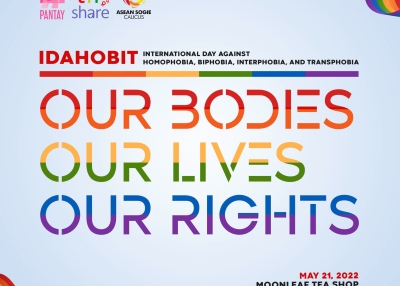Forging Brave Spaces and Braver Spirits: One Queer Fight Beyond Pride Month in Southeast Asia

by Joel Mark Baysa-Barredo
“Solidarity does not assume that our struggles are the same struggles, or that our pain is the same pain, or that our hope is for the same future. Solidarity involves commitment, and work, as well as the recognition that even if we do not have the same feelings, or the same lives, or the same bodies, we do live on common ground.” – Sara Ahmed
This year’s Pride Month is uniquely special in many ways. It comes at a time when societies are picking themselves up from the wrath of the COVID-19 pandemic. This signals that most of our cherished freedoms are already within reach. Throughout these 30 days, rights pertaining to Sexual Orientation, Gender Identity and Expression and Sex Characteristics (SOGIE-SC) are placed, yet again, at the heart of social structures, movements and discourses. In my beloved Southeast Asia, activists are at the forefront of achieving milestones. The revival of queer power in public spaces has commenced, as evident at Singapore’s Pink Dot and the Bangkok Pride Parade. This momentum has pushed political actors to commit to more equal societies, as seen through the recent passage of the Civil Partnership Bill in Thailand.
Our rainbow flags, together with our indomitable spirits, are indeed soaring high. However, grim elements are obstructing our march to emancipation and empowerment. Democratic values and institutions have been taken over by authoritarian regimes. Highly securitized responses to the pandemic disabled a critical population of LGBTQIA+ peoples from recovering and enjoying a dignified life. Spaces for dissent and critical thought are increasingly shrinking. In addition, harmful norms and practices in both private and public spaces have deepened our vulnerabilities. Amidst our victories, violence, conflict, and intersecting forms of discrimination still continue to be lived experiences of our queerblings at the margins.
In light of these realities, as activists, how can we truly transform embracing, inclusive and empowering societies for our queerblings? Sadly, we are usually called, mostly by power holders, to be patient, resilient, and to unite for change. This pressures us to be complacent, and (blindly) put faith on structures and norms that fuel injustices and inequalities. Worse, we end up normalizing or even contributing to this vicious cycle of disenfranchisement and oppression.
It is about time to collectively define and claim a new and better normal that we all want and deserve. Activists are urged to create and sustain brave spaces, where multiple lived truths are respected, accommodated, and elevated. They allow us to reexamine, question and eventually dismantle beliefs, practices, and systems that perpetuate harms. We have to be constantly accountable to let others occupy critical spaces, express their identities, and claim their freedoms. This leads to the expansion of rights-driven societies amid restrictive, disempowering conditions.
Uncomfortable as it may be, we may have to break out from their safe and privileged positions. It will gravitate us closer to silenced and oppressed voices and worldviews. This also gives way to learning (and unlearning) and co-designing strategies and solutions from and with one another. Moreover, in view of amplifying issues, we need to inspire others to speak their truth to power loudly and with conviction. We are urged to guide, locate their voice, and be capable of informing and monitoring laws and policies mandated to protect our rights. This process requires generous sharing of resources, such as “passing the microphone and/or platforms” to the most affected individuals and communities.
Our one queer fight actually starts once the dust, rather glitter settles from our pride celebration. We, indeed, have to address fear, exclusion and toxic competition within our communities. Rather, our efforts must be built on hope, trust and acceptance. Moreover, we should refrain from embracing the notion of heroism, wherein a few are glorified for risking their lives. Rather, we must proactively shape and inspire champions from within our queer communities and beyond. This will not only reinforce our efforts, but will ensure that brave spaces are recognized and owned by all, and that brave spirits can fully embrace their truths, and wave their pride wherever and whenever they want.
About the Writer

Joel Mark Baysa-Barredo (He/Him/His; They/Them/Theirs) considers himself a Southeast Asian queer-feminist academic activist. They pursued an International Master’s Degree in Human Rights at the Institute of Human Rights and Peace Studies, Mahidol University (Thailand), and is currently the Executive Director of the Strengthening Human Rights and Peace Research/Education in ASEAN/Southeast Asia Programme (SHAPE-SEA). Joel is an Obama Leader for the Asia-Pacific 2022. This article is inspired by their recent article, “One Queer Fight for Southeast Asia amid a Pandemic of Fear and Oppression” published by Heinrich Boll Stifftung Southeast Asia. You can follow Joel on Twitter and Instagram.
The views and opinions expressed are those of the writer and, unless expressly stated to the contrary, do not reflect the opinion, position or official policy of Asia Society Philippines, its members, or its committees. Asia Society Philippines does not endorse or approve, and assumes no responsibility for the content of the information presented.

